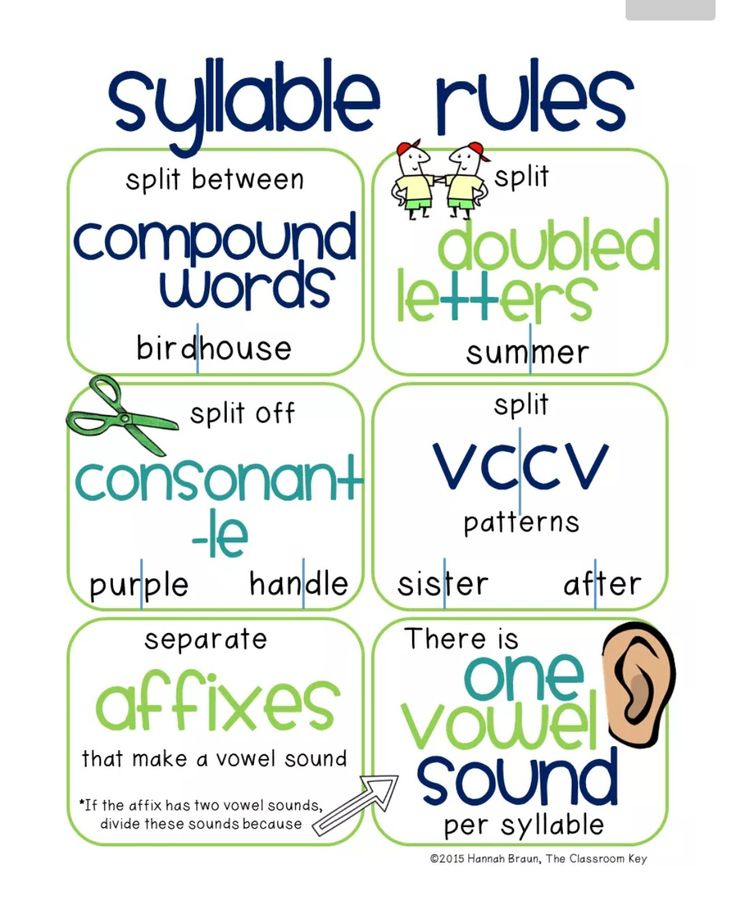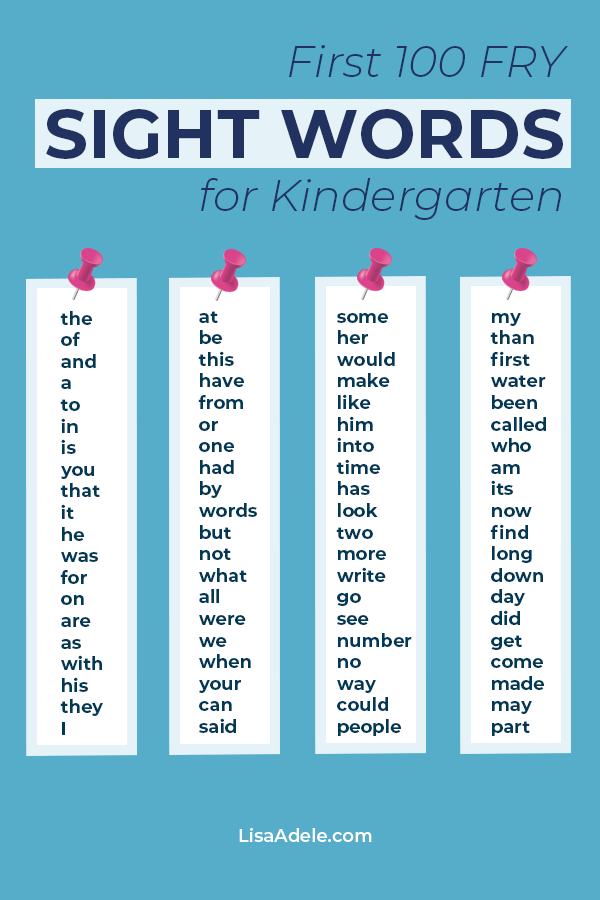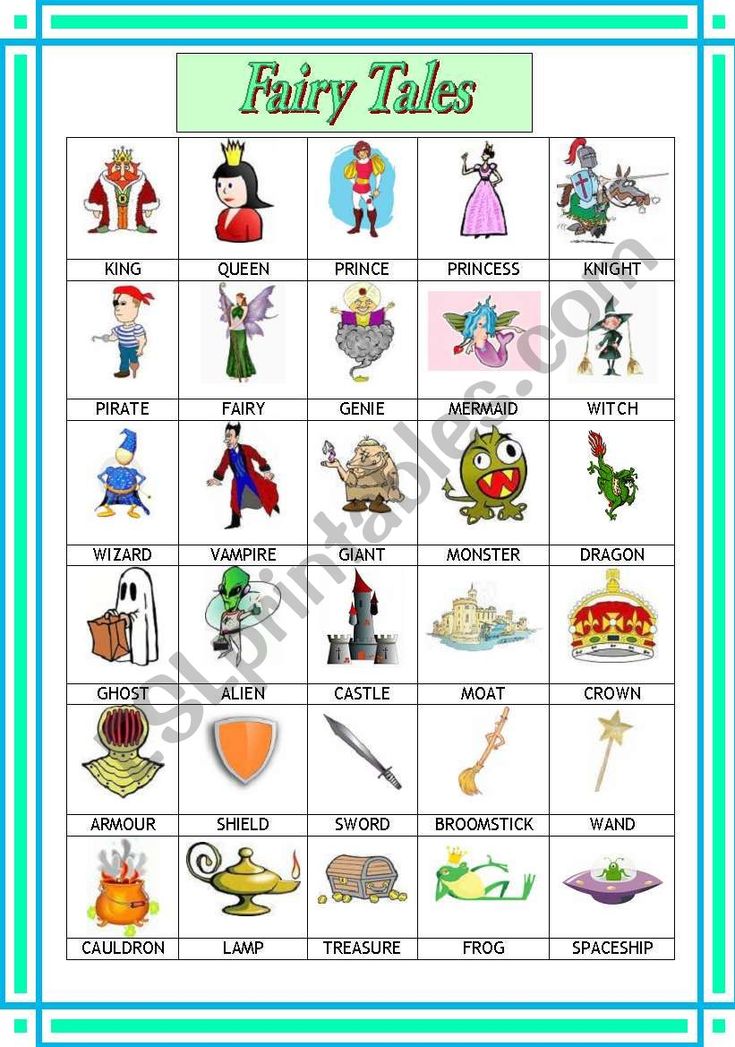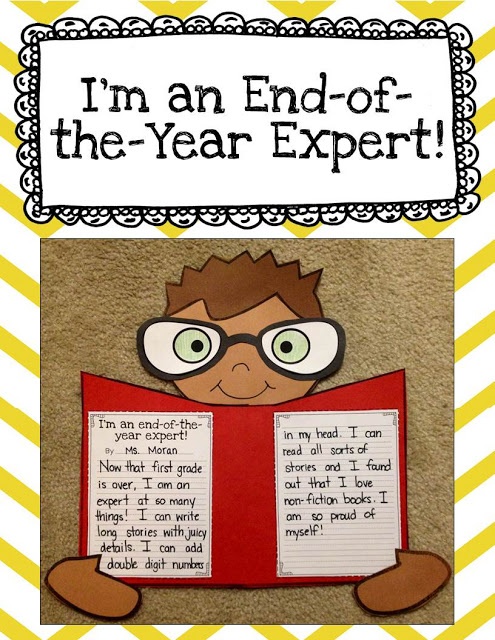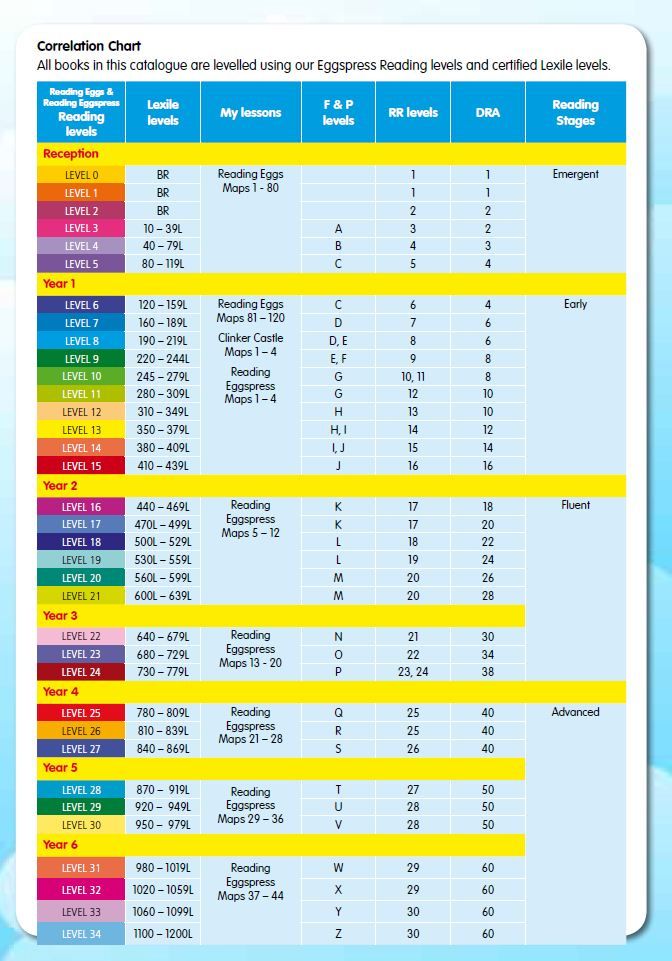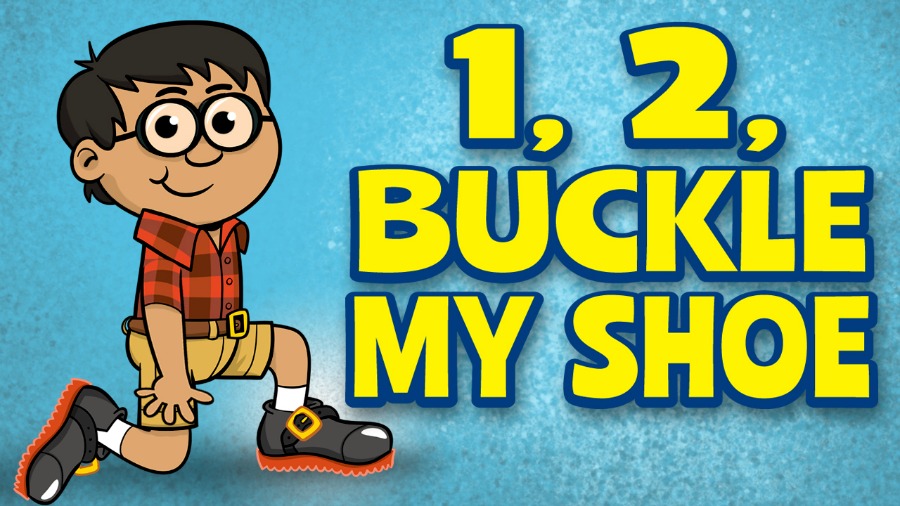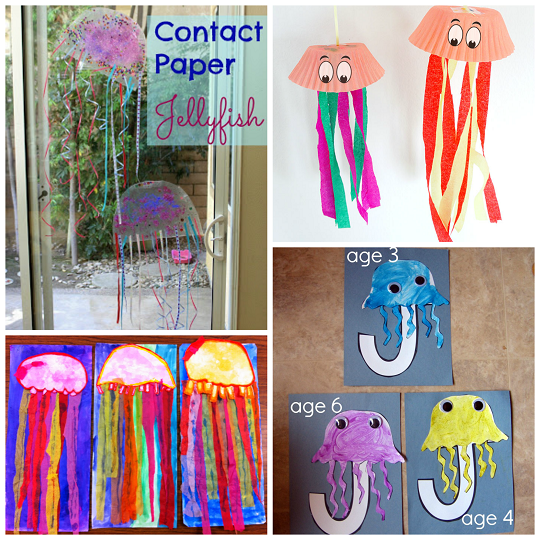Words that sound made up
8 Wacky English Words that Sound Completely Made-Up
This entry was posted in hooligans, quirk and tagged American English, English, English classes, etymology, language, language guru, language learning, learn a language, Learn English, Online Classes, word play, Words on March 20, 2018 by Katie .
The English language is both complex and quirky. Its idioms, words that aren’t pronounced at all like they’re spelled, and confusing (or contradictory) rules, all from a part of the wonderful language we call English. So don’t be a nincompoop and stop your lollygagging, and read onto to learn about some of the craziest English words—most of which sound completely made-up!
Photo via Flickr
1. Bumfuzzle
While this might seem like a cross between a type of fruit and a swear word, this funny word actually means something a whole lot different.
Bumfuzzle refers to being confused or perplexed, and in some cases to cause confusion. This word was derived from the phrase dumfoozle and was once quite common on the U.S. East coast. These days it’s probably pretty unlikely you’ll hear someone say it, but that shouldn’t stop you from using it! Who knows, maybe you’ll bring bumfuzzle back into style!
2. Macaronic
No, macaronic is not some relative of macaroni and cheese. You also won’t find it in the desert section at a French restaurant. Nonetheless, this is one word that can still be applicable to you—especially if you’re learning another language or speak more than one. Macaronic actually refers to when someone mixes more than one language together while they’re speaking. A great example of a macaronic language would be Spanglish, which is a mix of English and Spanish, but you can also accidentally create a macaronic language if you tend to get your languages mixed up!
Getting your languages mixed up? Take a free placement test and keep your skills on point!
3. Taradiddle
Taradiddle
I know what you’re thinking: surely this word must be a fake. Well it’s not! And I guarantee you probably have a taradiddle or two in your life. Someone who is a taradiddle tends to spout pretentious nonsense or tell tall tales. You know that friend who is always exaggerating about the size of the fish they caught on their last fishing trip? Yep, he or she is a total taradiddle!
Photo via Flickr
4. Abear
Nope, we’re not talking about the polar or grizzly variety, but something completely different! As you’ve probably already guessed none of these words tend to mean what they sound like they should. Abear with me while I explain what abear really means. Abear’s definition is very similar to bear (as in, bear with me) and means to endure or put up with something. Can you abear to learn about a few more quirky, weird English words?
5. Collywobbles
Care to take a stab at collywobbles’ definition? Let me ease your pain.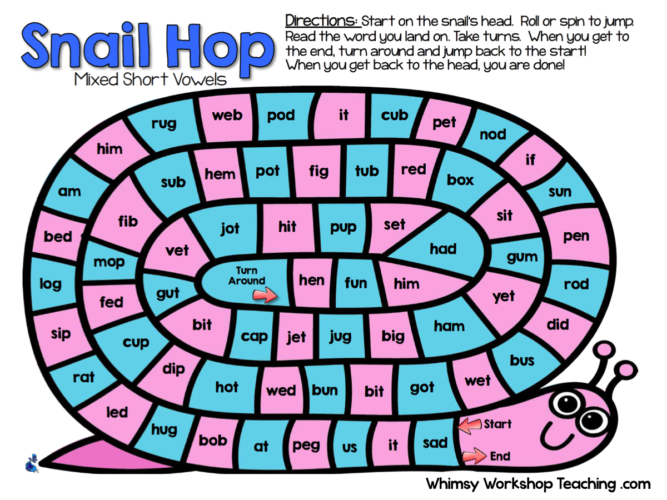 Collywobbles is basically an uncomfortable feeling in your stomach, or a stomachache. The word actually derives from the Latin phrase cholera morbus which, you guessed it, is the disease most of us know as cholera. No need to save collywobbles for such dire situations as cholera though, you now have a go-to word for the way you feel the morning after a long night out involving way too many drinks!
Collywobbles is basically an uncomfortable feeling in your stomach, or a stomachache. The word actually derives from the Latin phrase cholera morbus which, you guessed it, is the disease most of us know as cholera. No need to save collywobbles for such dire situations as cholera though, you now have a go-to word for the way you feel the morning after a long night out involving way too many drinks!
6. Oxter
If abear has nothing to do with actual bears, then you’re probably assuming that an oxter is most definitely not another word for a friendship between an ox and an otter (although that would be absolutely adorable). Oxter is simply an outdated term for armpit. Still, might be fun to throw your general practitioner off by mentioning a pain in your oxter, just to see if he or she knows what it means.
Photo via Flickr
7. Abibliophobia
If you find it impossible to leave the library without a stack of books, or you spend so much time (and money) at your local bookstore that the employees know you by name, then you might be have
abibliophobia.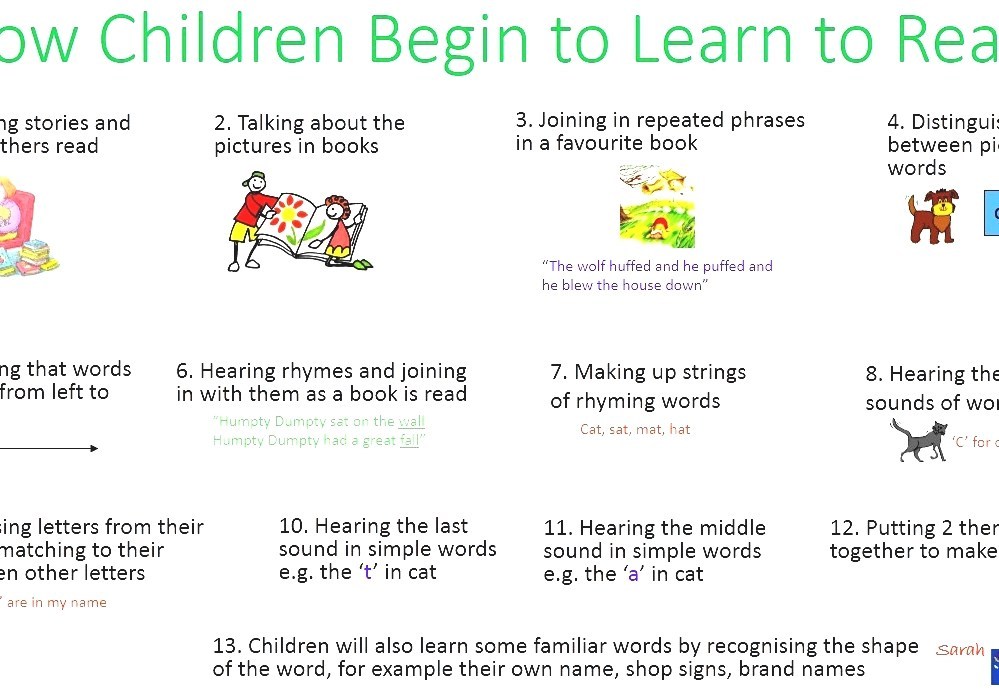 This phrase refers to the fear of running out of things to read. The only way to treat it is by buying more books, right? #TheStruggleIsReal
This phrase refers to the fear of running out of things to read. The only way to treat it is by buying more books, right? #TheStruggleIsReal
8. Wabbit
No, it’s not Elmer Fudd’s type of wascally wabbit, this wabbit means something entirely different (which shouldn’t surprise you at this point). This Scottish word actually means to be exhausted. So next time you’re tired just say “I’m feeling wabbit” and see how people react. On this same note, do you think Fudd ever grew wabbit of chasing his wascally wabbit?
What are some English words and phrases that you think sound made-up? Which of these 8 terms are your favorites, and which ones do you plan to incorporate into your vocabulary? Share your thoughts in the comments section!
30 Real Words That Sound Made Up
English is a complex language with a variety of influences. While it has its roots in the Germanic languages (from which Dutch and German also developed), it has also absorbed many aspects of Latin and Greek.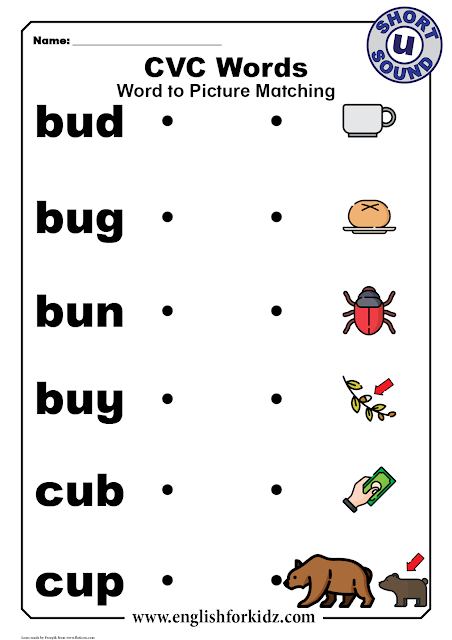
And English is still constantly evolving, adding, changing, and adapting words as they become important to our vocabulary. As such, it has many words that even native speakers find odd and fascinating. Let’s take a look at a few of them.
English Words That Sound Made Up
They look wrong, they sound wrong, and they feel wrong—but they’re not! Here are some of the English language’s most weird, silly, and unbelievable words.
In building this list, I restricted my search to words that have already been accepted into the English dictionary. Some of these are regional, some are only used in one of the two main dialects of the language (British and American), while others are already archaic.
1. Friendlily
Trust me, it’s not misspelled. There’s actually an adverb form for the word “friendly”, meaning in a friendly way.
For example:
- He asked me a question friendlily.
- She friendlily gave me a wave from across the street.
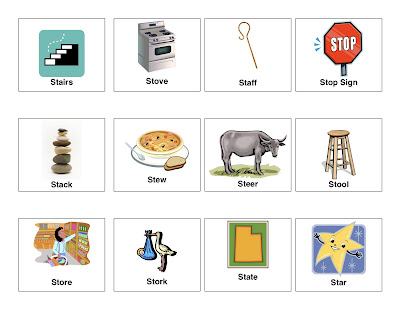
2. Bumfuzzle
No, it’s not a dirty word. Bumfuzzle simply means to perplex, confuse, or fluster.
For example:
- In an attempt to bumfuzzle his teacher, Chris switched the whiteboard markers with permanent ones.
- The twists in the book were so many that it bumfuzzled many readers.
3. Fartlek
Fartlek means “speed play” in Swedish. It’s a type of endurance training where a person does fast running in intervals mixed with slower running.
For example:
- Marathon runners practice fartleks to build up their stamina for long runs.
- A fartlek can range from jogging and sprinting to walking and jogging.
4. Gardyloo
Gardyloo is a term that came from Scotland, specifically Edinburgh. It was something the people cried out before dumping their slops out of a window. It may have originated from the French garde à l’eau! (look out for the water!)
For example:
- People shouted gardyloo to warn passers-by of slops being thrown out of a window.
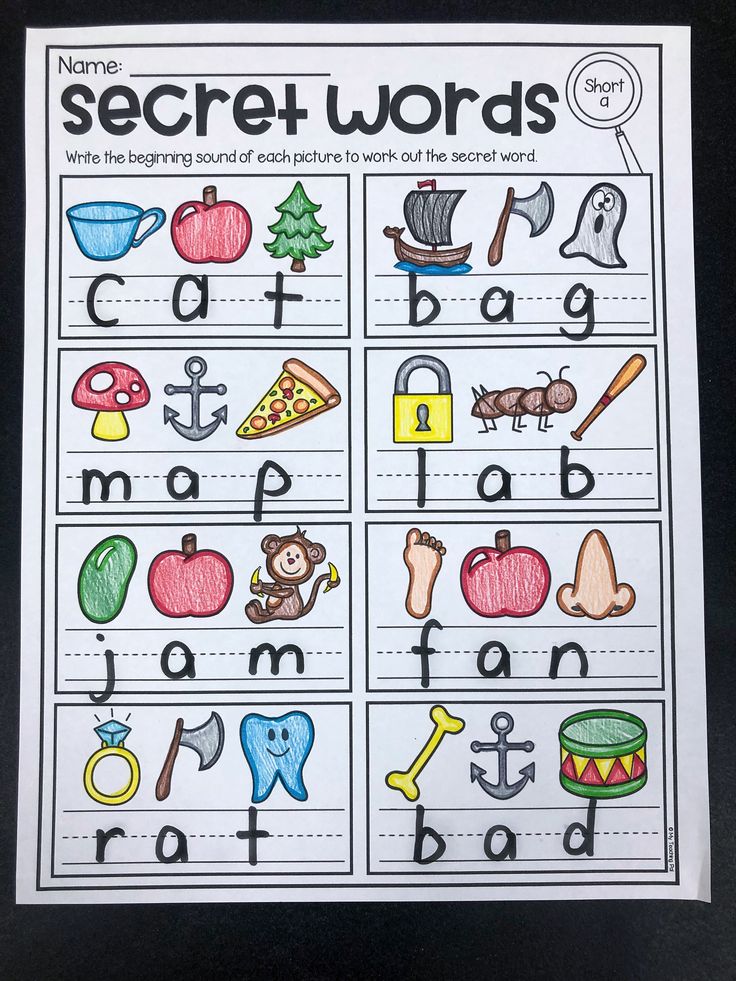
- “Gardyloo!” was all I heard before getting drenched with water.
5. Snickersnee
Snickersnee sounds like a fun word but it actually refers to a particularly large, sword-like knife. It originates from the Dutch steken of snijden, meaning “to stab or cut.”
For example:
- Snickersnees were primarily used in the cut-and-thrust fighting of the 1700s.
- Aside from the weapon, a snickersnee may also refer to the knife fight itself.
6. Bumbershoot
While it evokes the odd image of bums being shot out of something, a bumbershoot is simply another word for an umbrella. It’s apparently a portmanteau of the words “umbrella” and “parachute.”
For example:
- Gentlemen often carried bumbershoots on a date in case it rained.
- Some people think bumbershoot is the British word for umbrella, but it’s not.
7. Pandiculation
You know when you’ve just woken up and you do an involuntary stretch and yawn? Pandiculation is the word for that. It’s essentially your brain’s way of telling your body to prepare for motion after being sedentary for a while.
It’s essentially your brain’s way of telling your body to prepare for motion after being sedentary for a while.
For example:
- A lot of movies depict characters pandiculating in bed.
- Humans tend to automatically pandiculate after not moving in a while.
8. Wabbit
No, I’m not channeling Elmer Fudd. Wabbit is actually a Scottish term for feeling very tired, weak, or not healthy.
For example:
- I still feel wabbit from the flu.
- People working jobs with heavy labor often feel wabbit after a shift.
9. Impignorate
Impignorate is a much fancier (and more fun) term that means to pledge, pawn, or put something up as security.
For example:
- Pawnshops are usually willing to impignorate items of small value.
- They were forced to impignorate their house after their business went under.
10. Ratoon
While it sounds like a portmanteau of a raccoon and a rat, this word means something else entirely.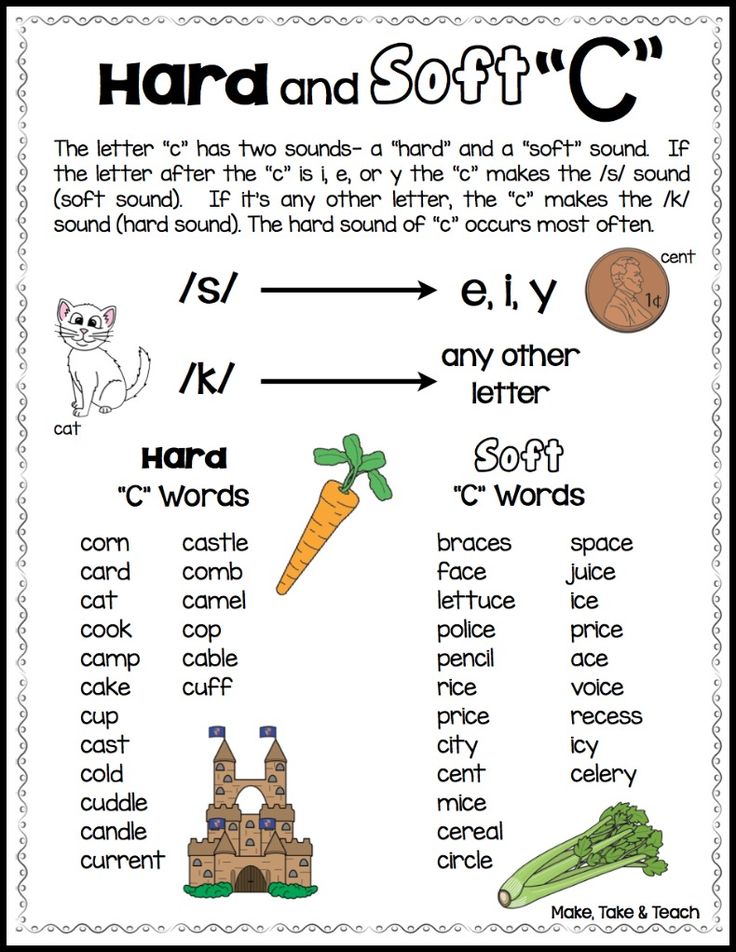 It actually pertains to a small shoot or sprout that grows from the base of a crop plant.
It actually pertains to a small shoot or sprout that grows from the base of a crop plant.
For example:
- You often see a lot of ratoons in the spring, when plants are starting to grow.
- Ratooning is the practice of cutting most of the above-ground part of a crop and leaving the base of the plant to recover and grow a new crop again.
11. Snollygoster
A snollygoster is a shrewd, unprincipled person. More specifically, it’s a politician who cares more about personal gain than serving the people.
For example:
- Understandably, a lot of people have a venomous hate for snollygosters.
- There’s always speculation as to whether a particular politician is a snollygoster.
12. Borborygmus
Do you know how sometimes your stomach makes these gurgling sounds? Borborygmus is the term for that. Specifically, it’s caused by gas moving in your intestines.
For example:
- If she had not gone to the doctor for her excessive borborygmus, she would not have known about the intestinal blockage.
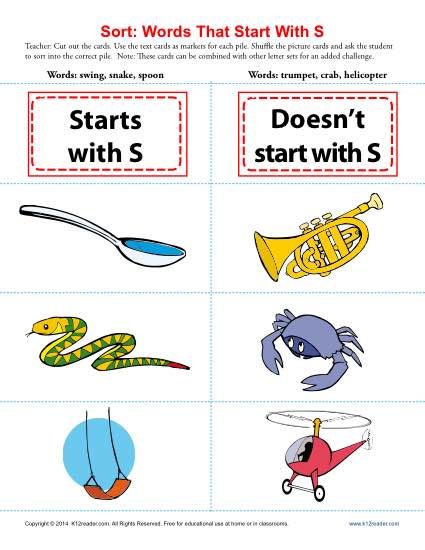
- Borborygmus is often attributed to being hungry.
13. Absquatulate
To absquatulate is to either leave suddenly or to abscond with something. It’s more of a slang that’s used for humorous purposes.
For example:
- The dictator absquatulated to the Carribean when the rebels won.
- He can’t believe that one of his long-time accountants absquatulated with the money.
14. Donnybrook
A donnybrook is a slang term for a heated argument, riot, or free-for-all brawl. It takes its meaning from the Donnybrook Fair, which was notorious for the number of drunken fights that occurred through it.
For example:
- Alcohol and pride are often what starts a donnybrook.
- The political debate turned into an old-fashioned donnybrook when the candidates started insulting each other.
15. Gerrymandering
Gerrymandering is the practice of dividing a territorial unit (state, district, school) into political units that give one group an unfair advantage.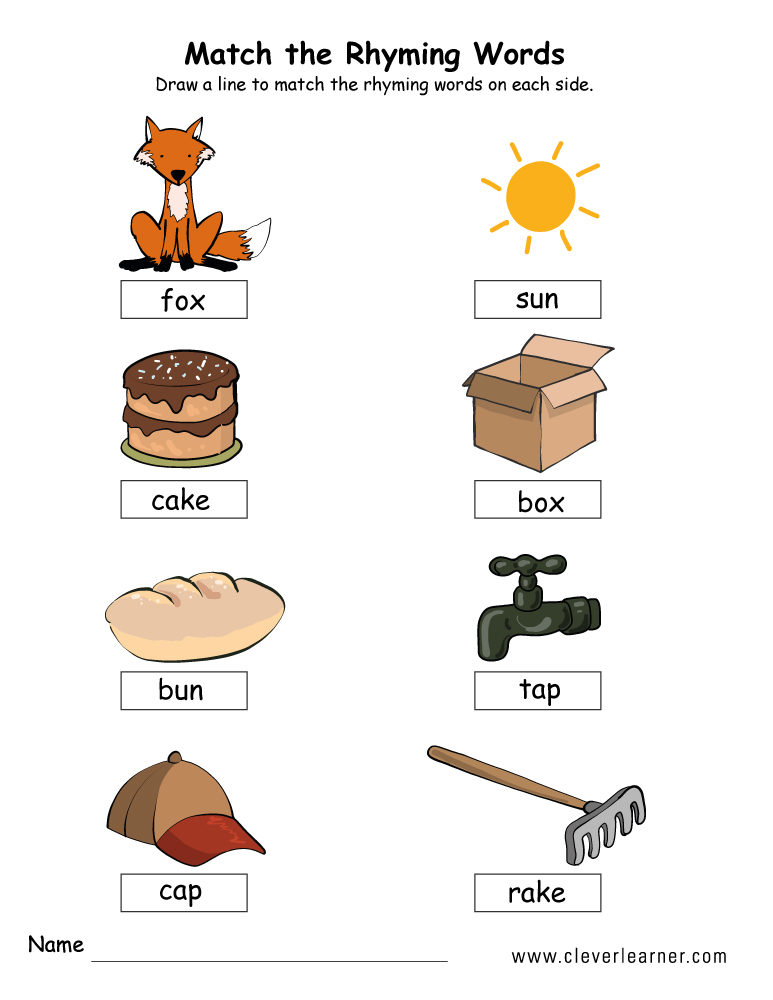 It’s a combination of politician Elbridge Gerry’s surname and the word salamander (the map he drew up to divide districts looked like one).
It’s a combination of politician Elbridge Gerry’s surname and the word salamander (the map he drew up to divide districts looked like one).
For example:
- Gerrymandering is often considered a corruption of the democratic process.
- Politicians who gerrymander deserve to be called out.
16. Aa
Yup, it’s definitely a word! Aa is the name of basaltic lava that has a rough, broken surface. It was originally a Hawaiian term (ʻAʻā ) that was later adapted into English.
For example:
- Aa is composed of broken lava blocks called clinkers.
- Aa forms because viscous lava with brittle crusts are broken and heaped up by the molten lava beneath it.
17. Mixology
It sounds like a very serious word that’s up there with pharmacology, psychology, and other –ology words. But it actually refers to the art or skill of mixing drinks.
For example:
- A mixologist is another word for a bartender.
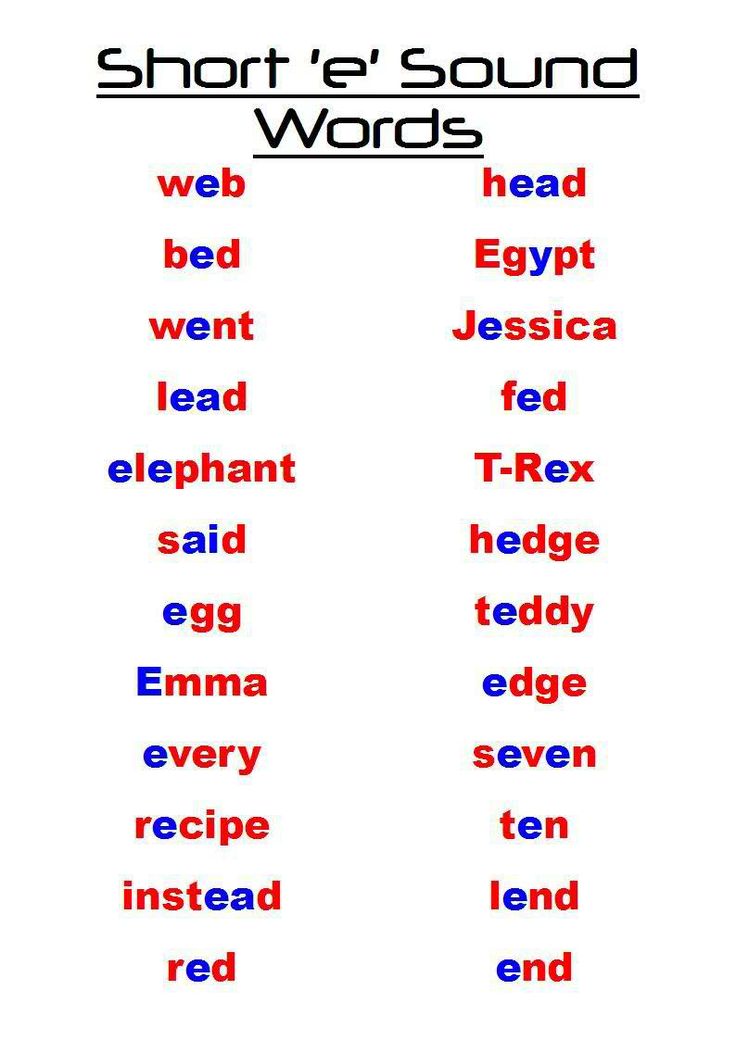
- Mixology is a fun career if you enjoy the night scene.
18. Kakorrhaphiophobia
This long and scary-sounding word is the term for an abnormal fear of failure.
For example:
- Imagine if your kakorrhaphiophobia is triggered by your fear of failing to correctly spell the word.
- Kakorrhaphiophobia can be so debilitating that even the slightest chance of failure can prevent someone from doing anything at all.
19. Embiggen
Popularized by The Simpsons, this word means to enlarge or expand.
For example:
- Can you embiggen the image to make it clearer?
- Springfield’s motto is “A noble spirit embiggens the smallest man.”
20. Welp
Welp is informally used as a substitute for the word “well.” While many of you are familiar with it through social media, the word’s actually been around since the late 1980s.
For example:
- Welp, that didn’t take long, did it?
- I didn’t realize my mobile data was on.
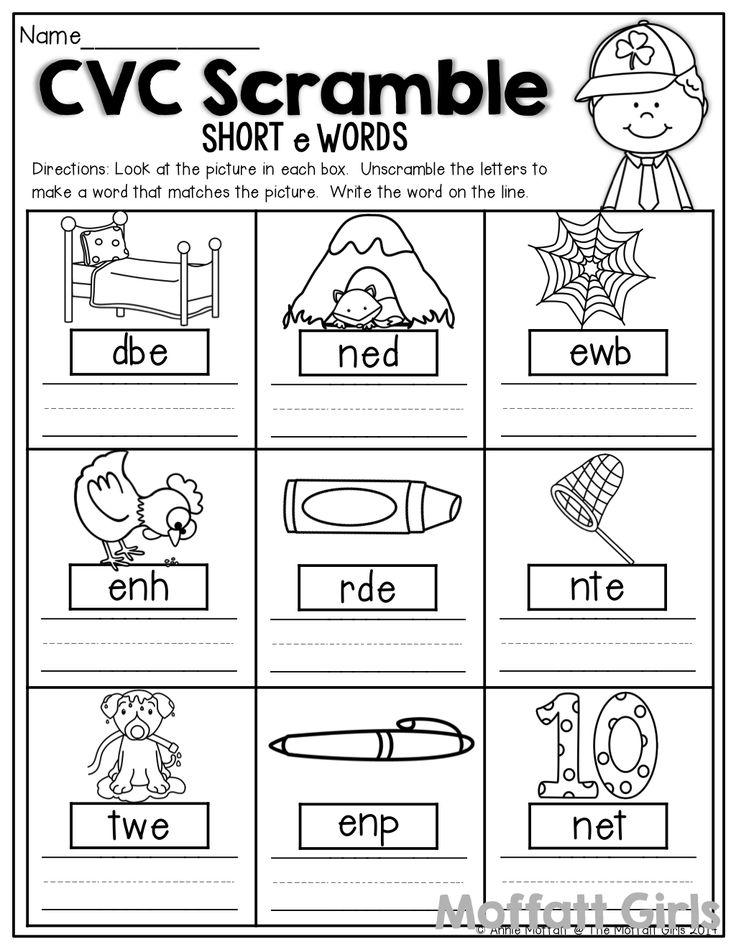 Welp, there goes my phone bill!
Welp, there goes my phone bill!
21. Erf
While it looks more like a sound, it’s actually a word that means a plot of land that’s usually about half an acre in size. It’s of Afrikaans origin.
For example:
- Erf is a legal term used in South Africa, Namibia, and Eswatini.
- An erf is already a sizable piece of land for some people.
22. Meldrop
A meldrop isn’t a type of candy. It’s what you call a literal drop of mucus hanging from someone’s nose.
For example:
- Because its no longer used as much, the Merriam-Webster’s dictionary has removed the word meldrop from its current editions.
- Someone with a cold is prone to having meldrops.
23. Agelast
An agelast is a person who never laughs. It comes from the Greek word agélastos, meaning “not laughing,” and not because spending time with such a person feels like it lasts an age.
For example:
- The kids disliked their teacher because he was an agelast.
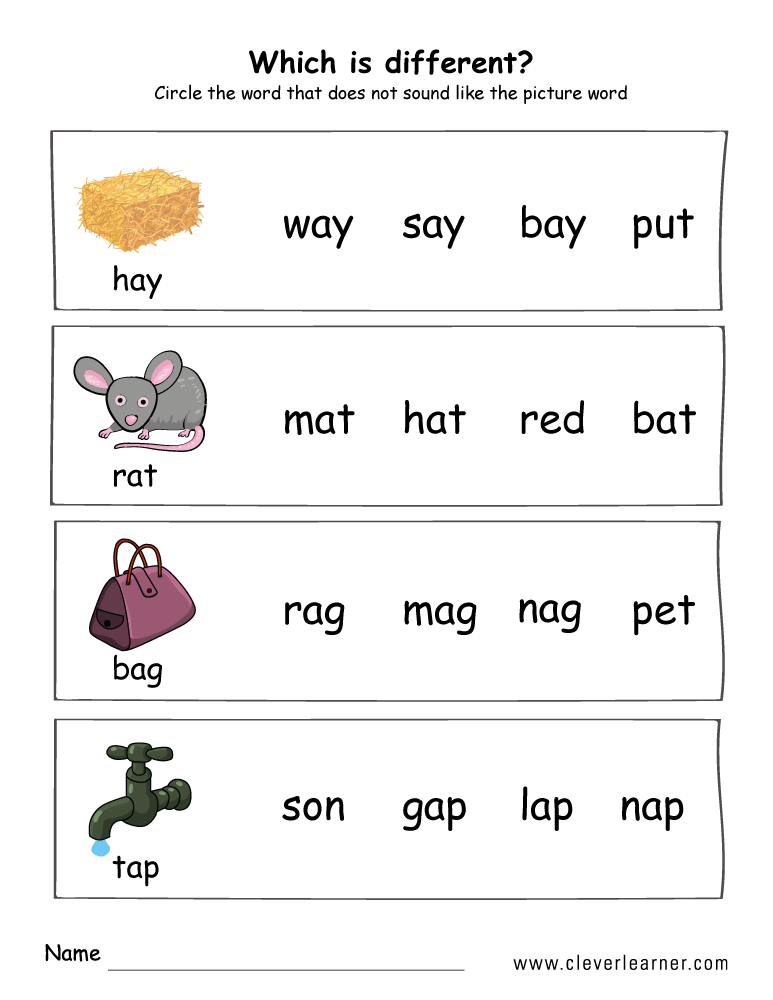
- There’s a common misconception in movies that old people are agelasts.
24. Pot-valor
Pot-valor is a fancier way of saying liquid courage. It refers to the boldness or courage that a person gets after consuming alcohol.
For example:
- A lot of young people end up in trouble because of pot-valor.
- Some people need a bit of pot-valor to curb their nervousness.
25. Hirquiticke
In an English dictionary from 1623, this word means “one past fourteene yeeres of age, beginning to bee moved with Venus delight.” In modern English, a horny teenager.
For example:
- Many teenagers in high school are hirquitickes.
- When dealing with hirquitickes, it’s often good to reassure them that what they’re feeling is natural.
26. Octothorpe
Octothorpe is the hashtag symbol’s proper name. It’s been used since the early 70s but its exact origin remains a mystery.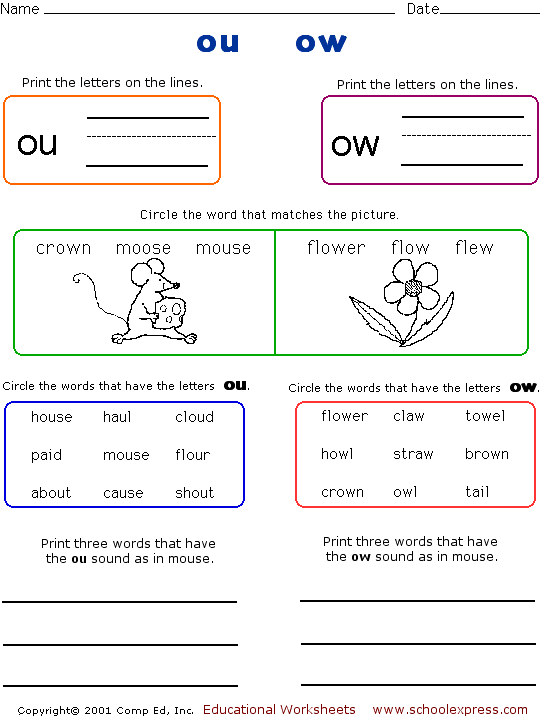
For example:
- The octothorpe entered popular culture when Twitter began using it on their platform.
- Octothorpes are used in a variety of professions, including telecommunications, mathematics, and music.
27. Smicker
Not to be confused with the word “snicker.” Smicker means to look and smile amorously.
For example:
- They both smickered at each other during the dinner party.
- Smickering at someone can have consequences.
28. Accubation
Accubation is the action or state of leaning backwards, especially after eating. It can also mean the practice of lying down while eating meals.
For example:
- Accubating after a meal is often the sign of a full stomach.
- Some people think that accubating is not a proper position to eat.
29. Unperson
No, its not a person who isn’t a person anymore. It’s someone whose existence, for some political or ideological reason, is denied or ignored.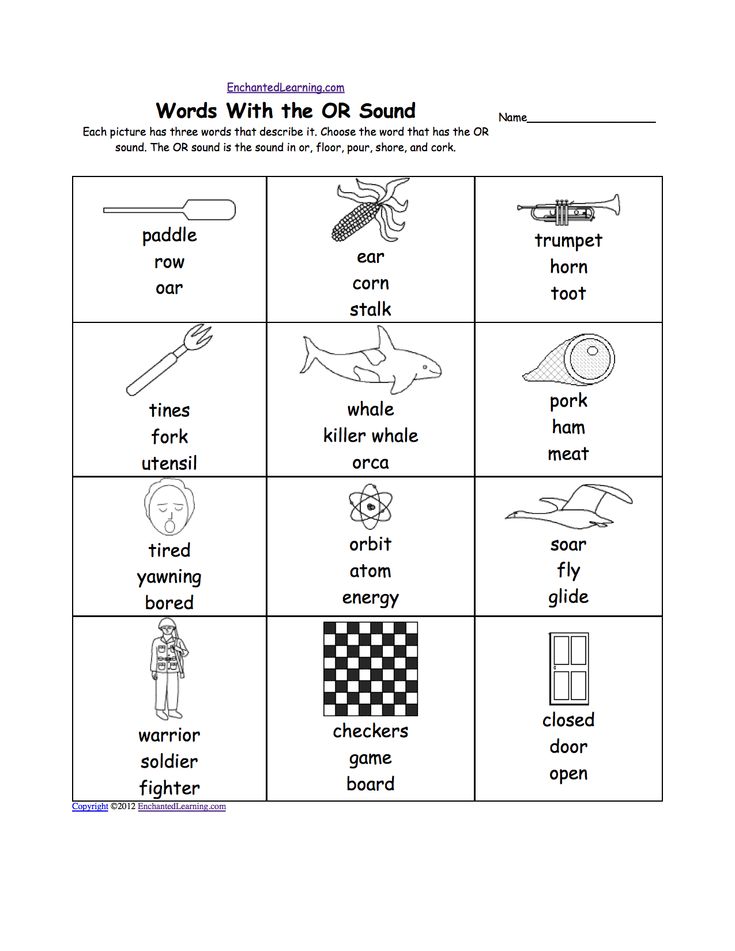
For example:
- To unperson someone is to make them be virtually non-existent.
- George Orwell created the concept of the unperson in his book, 1984.
30. Macaronic
Macaronic has nothing to do with pasta. It actually refers to when someone mixes up two or more languages together.
For example:
- Some people can be hard to understand because of their macaronic use of language.
- People who know more than one language are often unintentionally macaronic.
English Is Fun!
Isn’t the English language interesting? With such a vast and still developing vocabulary, you can learn new and interesting words every day.
Most of the words above are still used today. Some are archaic, having been replaced with more contemporary words, but are still used on occasion. And some have simply been removed from the dictionary because no one uses them anymore.
Remember: English is a dynamic language. Words can be made up (as all words technically are), and when used often enough, they’re officially added to the dictionary.
Words can be made up (as all words technically are), and when used often enough, they’re officially added to the dictionary.
Existing words can change meanings or be retired depending on how society changes. It’s interesting to see how the language develops as the people who use it develop too.
Do you know of a word that sounds made up but is real? Share it in the comments below!
If you enjoyed this post, then you might also like:
- 100 Most Commonly Misspelled Words in the English Language
- 20 Untranslatable Words You Didn’t Know You Needed
- 30 New English Words Added to the Dictionary
- How to Study for a Spelling Test: 8 Tips for Better Results
Cole Salao
Cole is a blog writer and aspiring novelist. He has a degree in Communications and is an advocate of media and information literacy and responsible media practices. Aside from his interest in technology, crafts, and food, he’s also your typical science fiction and fantasy junkie, spending most of his free time reading through an ever-growing to-be-read list.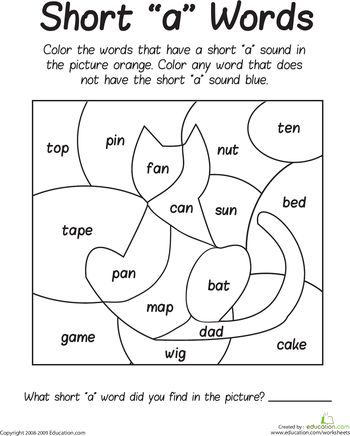 It’s either that or procrastinating over actually writing his book. Wish him luck!
It’s either that or procrastinating over actually writing his book. Wish him luck!
20 words that even literate people spell incorrectly
January 30, 2021Education
A new portion of literacy with life hacks that will help you remember all the difficult cases.
Share
01. Offhand
Wrong: offhand.
So it incites to divide the word into two parts, but this is a mistake. It answers the question "How?" and is an adverb, therefore it is written together. But it is easier to remember by synonyms that cannot be written separately: approximately, arbitrarily.
2. Subscription
Wrong: subscription.
For some reason here and there they offer to buy a "subscription". Indeed, the ill-fated “and” is heard in the word. There is no way to check the spelling, because the lexeme is a dictionary one. But you can remember if you pick up a paronym-rhyme with the letter "e" - the subscriber.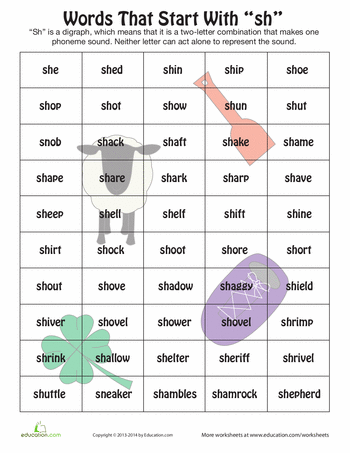 In both cases, the letter "and" is not the place.
In both cases, the letter "and" is not the place.
3. Next
Wrong: next.
The difficulty arises because the letter "u" is not heard in oral speech. To avoid making a mistake, just silently say to yourself: “I follow th means next th .
4. Future
Wrong: future.
By the same principle as above, it is easy to remember the spelling of this word: "I will be - hence the future."
5. Cardinal
Wrong: cardinal, cardinal.
Whatever variants of this word the Internet has seen, even with a double “o” at the beginning. But once and for all remember how it is spelled, the "Etymological Dictionary of the Russian Language" by Max Fasmer will help. "Cardinal" comes from the Latin word cardinalis, which means "principal". The letter "a" is written in both cases.
6. Boycott
Wrong: boycott.
The letter “o” in this word is not perceived by ear, hence all the problems.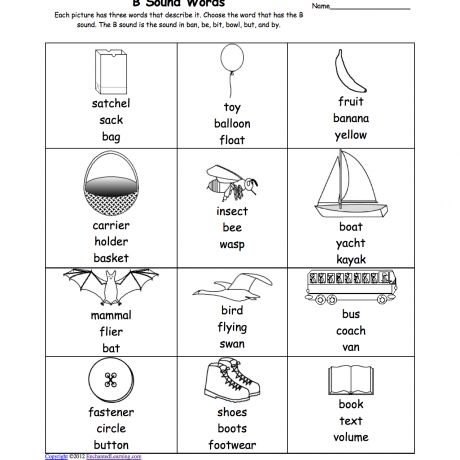 You can understand why it is still written differently from its origin. We borrowed the word from the English language, which it entered thanks to the Irish estate manager Charles Boycott (Charles Cunningham Boycott). He was too demanding, and in 1880 the land tenants refused to pay him, declaring a boycott. The man received an unflattering fame, and we - the letter "o" in this word.
You can understand why it is still written differently from its origin. We borrowed the word from the English language, which it entered thanks to the Irish estate manager Charles Boycott (Charles Cunningham Boycott). He was too demanding, and in 1880 the land tenants refused to pay him, declaring a boycott. The man received an unflattering fame, and we - the letter "o" in this word.
7. Grand Prix
Wrong: Grand Prix, Grand Prix, Grand Prix.
For those who know French, the hyphen may seem superfluous here. And even the unnecessary "d" strives to get in the way. Because in the original it looks like this: grand prix. But in this case, the borrowed word has two roots: -Grand- and -at-. In a foreign language, each of them can exist independently; in the Russian Grand Prix, it is a compound word. Because it is composed of two roots, and a hyphen is necessary between them.
8. Linoleum
Wrong: lenolium, linoleum, linoleum.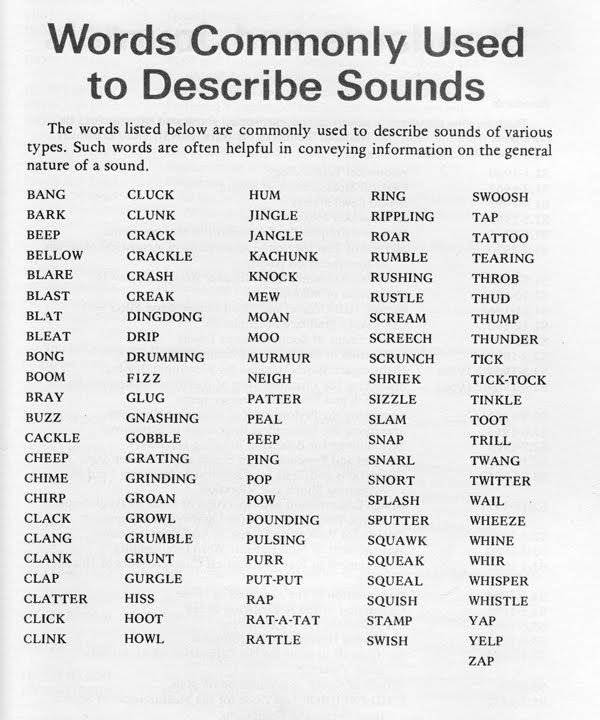
Poor flooring has been suffering from writing, it seems, since its inception. Unfortunately, there is no way to check the spelling. But let's turn to the original composition of linoleum, it lies in the name itself. From the Latin linum is translated as "flax", and oleum - "oil". By combining these two words, we get the only correct spelling.
9. Low visibility
Incorrect: hardly noticeable.
I really want to break the word into two parts, and this is even understandable: there are two roots here - -small- and -notice-. But then the question arises where the letter “o” came from. Everything is very simple: it is an interfix and just connects two roots, making the word complex. Therefore, we will write it together, like other compound adjectives.
10. Quintessence
Wrong: quintessence, quintessence.
Sometimes you really want to show off your knowledge and use a smart word, but it's easy to get the opposite effect in writing.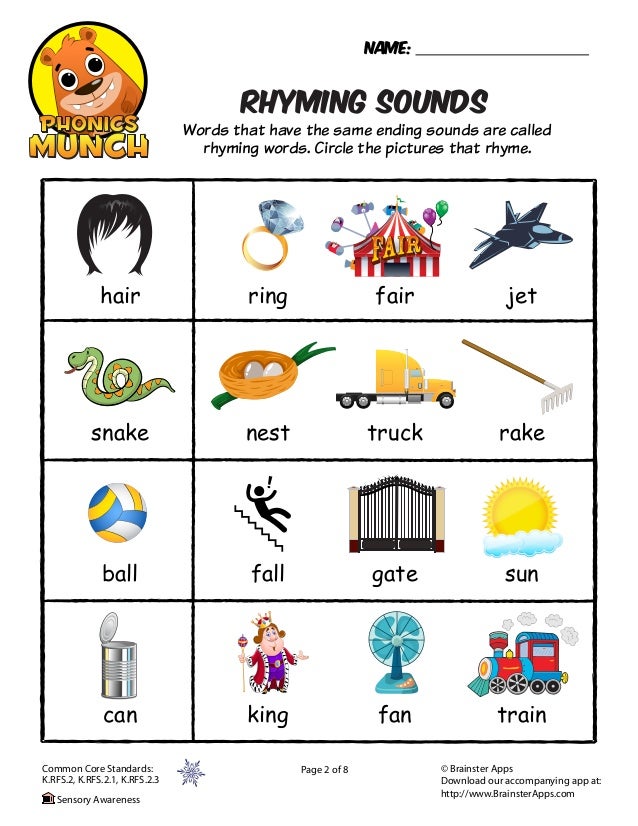 However, as soon as we break the lexeme into two parts, everything falls into place. From Latin quinta essentia is translated as "fifth essence". The word "essence" is also probably familiar to you, and the "e" at the beginning is perfectly heard. Only now the doubled “s” will have to be remembered, there is no way to check it.
However, as soon as we break the lexeme into two parts, everything falls into place. From Latin quinta essentia is translated as "fifth essence". The word "essence" is also probably familiar to you, and the "e" at the beginning is perfectly heard. Only now the doubled “s” will have to be remembered, there is no way to check it.
11. Periphery
Wrong: periphery.
Russian prefix re- is asking to appear in this word, but in fact -periphery- is the root. The history of its occurrence will help us not to make a mistake. The word comes from the Greek periphereia - circle, where per i means "around".
12. History
Wrong: history.
There is a simple rule in Russian. If the prefix ends with a consonant, and the word begins with "i", then "s" is placed between them. An example in which this is clearly heard is "under y skat”, but “by and skat”.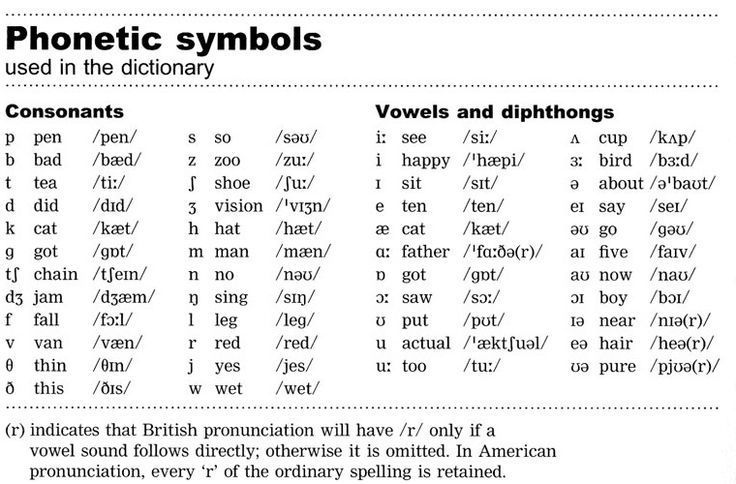
13. Manager
Wrong: manager.
And again, the insidious letter "u" is lost during pronunciation. But we find it in the same easy way as above: "I will start and - then I will start and sch."
14. Cholesterol
Wrong: cholesterol.
As with most words that are not native to our language, there are difficulties with it. Cholesterol is a special fatty substance found in bile. The origin of the word is Greek, and chol e just means "bile". In Russian, -hole- is one of the roots.
15. Incident
Wrong: incident.
This Russified foreign word is entirely the root. It is vocabulary and must be memorized. But etymology comes to our rescue again. The word comes from the Latin inc i dentis - happening. In both cases, we write "and".
16. Ingredient
Wrong: ingredient, ingredient.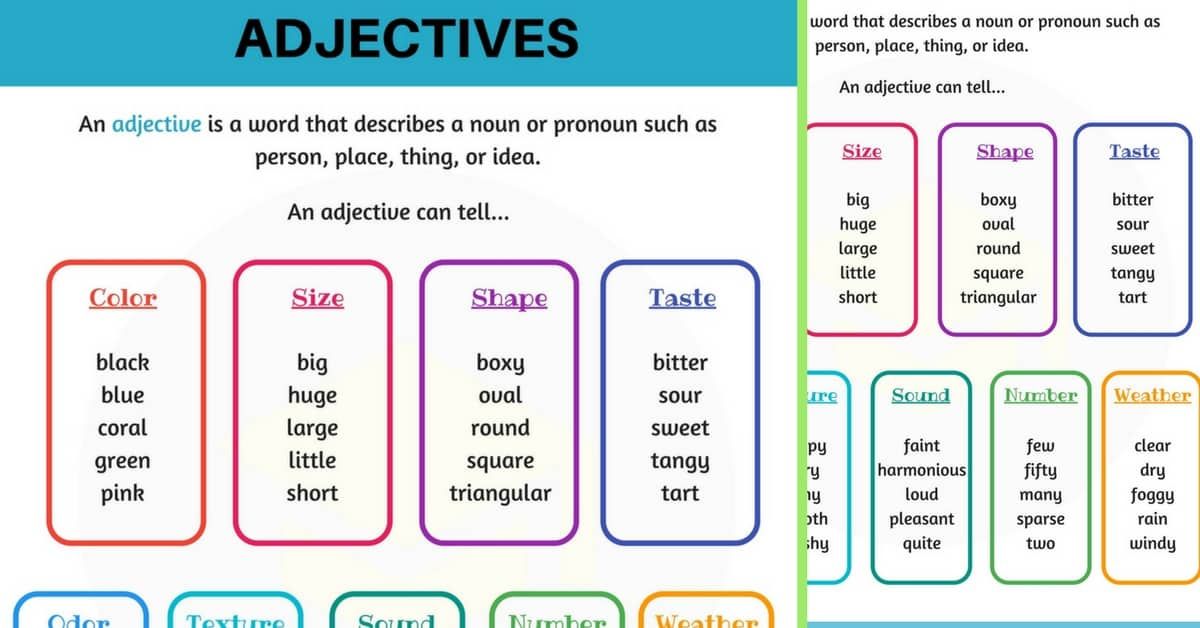
A complex borrowed dictionary word that is also a whole root. With an "e" at the beginning, errors are rare, but they do occur. The main difficulty lies in the middle. To write correctly, we turn again to the Latin language. Ingredi means "to enter". Therefore, an ingredient is a component of something, that is, a part of it.
17. Cacophony
Wrong: cacophony.
You have experienced this phenomenon many times when a neighbor's child was learning to play the piano or someone was doing renovations nearby. But not many people know how to write a word correctly. To remember why “a” is written, the Greek language will help us. It contains the word kakos, translated as bad, bad. In principle, it is true - the pleasant sounds of kakos will not be called.
18. Canape
Wrong: canape.
This French word - canapé - means not only a small sandwich, but also a wide chair or sofa. How furniture became small sandwiches - history is silent.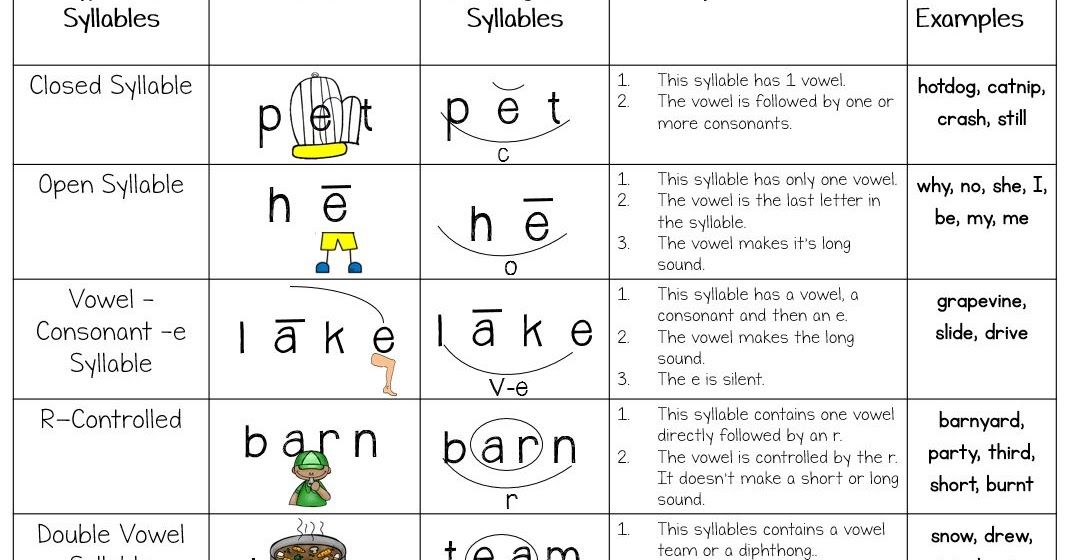 But it is known that a mistake is often made in the word.
But it is known that a mistake is often made in the word.
19. Excessive
Wrong: excessive.
The extra letter "e" suggests itself, because we are used to seeing the word "through" as a preposition. It is more common, and the meaning is the same. But in this case through - is a prefix. It existed in the Old Slavonic language and looked like "through". Since then, the word "excessive" has been spelled that way, and this must be remembered.
20. Extreme
Wrong: extreme.
Many are misled by the word "extreme", which uses "and". Remember how to spell a tricky adjective, ice cream will help us. If you remember, there is such a horn - Extr e me. Remembering it, you definitely will not make a mistake.
Read also 🧐
- 44 words that we use incorrectly
- Rapid test: find words that do not contain mistakes!
- 40 borrowings in Russian that infuriate readers of Lifehacker
14 obsolete words that seem wildly funny
Photo: Konstantin Sedegov, "PN" Vladimir Dahl's explanatory dictionary of the living Great Russian language was compiled in the 19th century.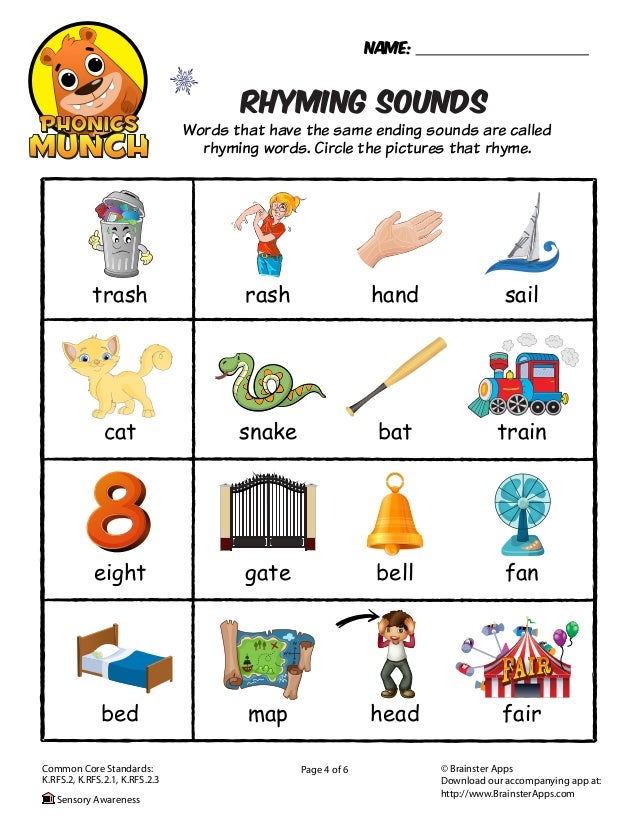 It includes words from the everyday life of residents of different parts of Russia. Many of these words have been covered with dust in the attic of history, but now we will carefully take them out and admire them.
It includes words from the everyday life of residents of different parts of Russia. Many of these words have been covered with dust in the attic of history, but now we will carefully take them out and admire them.
To rattle
In our perception, “to rumble” is to create something dashing, amazing for others. Get yourself a jacuzzi in a one-room apartment, for example.
But in the dictionary “to rattle” means to divulge or spread news, to ring around the city. A smutty person is a loose, dissolute, carefree. And “buzzy” is a synonym for “bumpy” in relation to wine or tobacco, which means “strong, sharp”.
Czechoslovakia
Sounds like a derivative of the Czech Republic and Nastya, but this word is not associated with any countries and Anastasias.
Chekhona (or chihona) - to wash, wash, clean.
Grin
We love this word very much, but for us to grumble means to have a very intensive rest on weekends.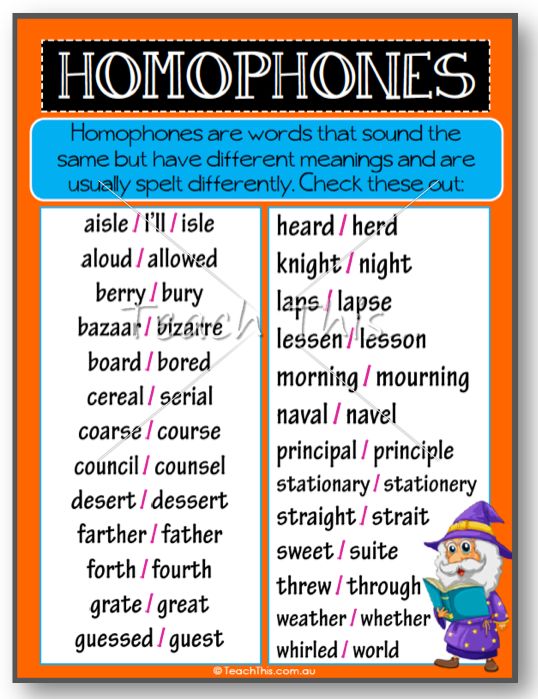 I washed, cleaned, cooked for the week ahead, washed windows and cooked 200 liters of jam. And Saturday night, that's it. Grunted.
I washed, cleaned, cooked for the week ahead, washed windows and cooked 200 liters of jam. And Saturday night, that's it. Grunted.
But, as one would expect, the unusual word refers to a duck, and not to a too housekeeping woman. The duck quacked - quacking, fell silent, calmed down.
Dill
Here, too, there is no expected connection with dill. "Dill" can be a hole or a tear, that is, sew up, close, repair.
There was also a word “sprinkle” – to spray thickly with small sprays.
Elban
Try to read this word correctly on the first try. Many, by the way, "elban" sign: this was the name of a high, rounded cape, hill.
Music
The funny verb “music” was formed from the noun “music”. This was the name of the nipple, which is used to feed animals: small calves, foals and other living creatures.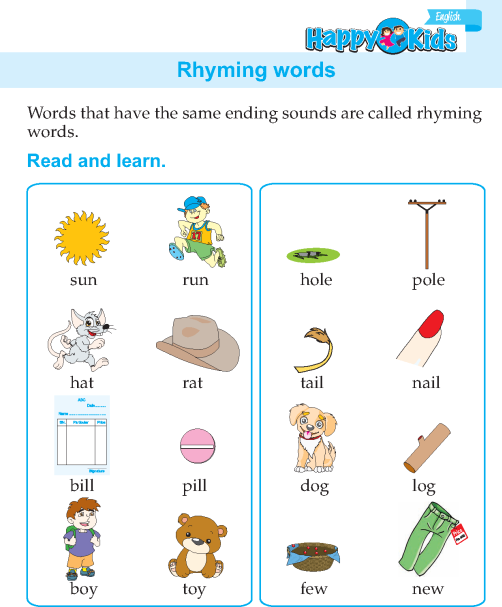
Therefore, “muzya, musya” is a mouth, lips in some dialects, and “muzyuka” is one who sucks a pacifier. The last interpretation was also transferred to those who burr, snarl, and pronounce sounds indistinctly.
Play music , on the other hand, had different meanings: from “talking in a lisp” to “talking, joking, interpreting.”
Snort
Everyone knows the funny folk "snort" - to drink a little alcohol on the sly. But "snoring" rather has a sound association. "Snort" or "snort" meant "cough".
swindle
“Puffed up and went” is not about this word. Previously, a capricious person was called a "fufir", therefore "fufir" - angry, pouting, picky.
Zabobons
Zabobons are from the same opera as “to chime”. At first glance, the word should symbolize mental features, but no.
Zabobons are nonsense, trifles, lies, nonsense rumors and news.